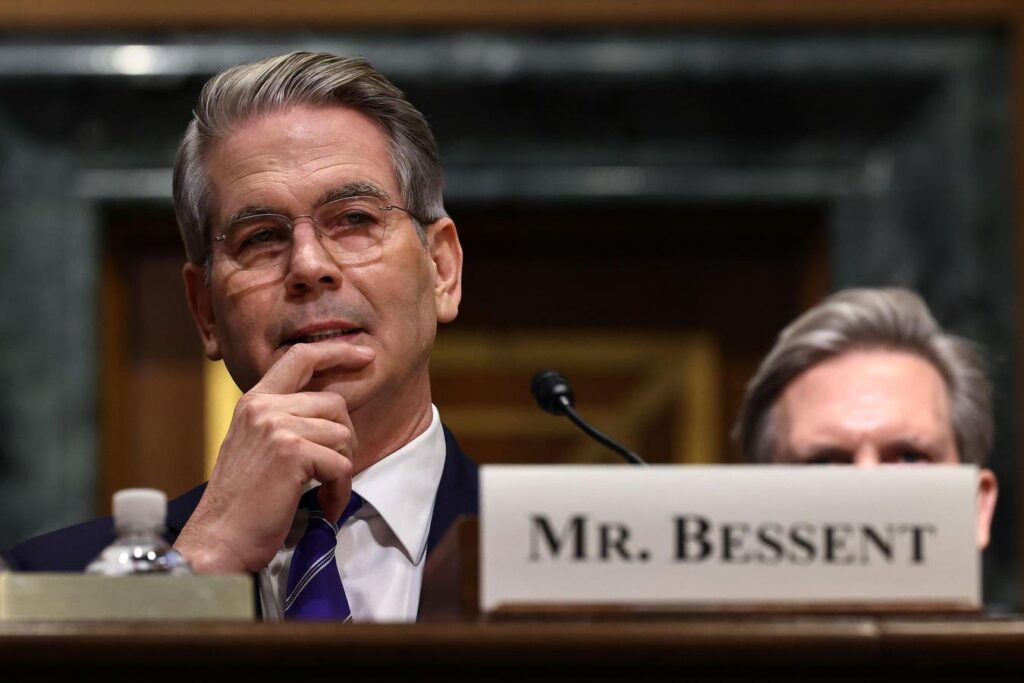Bipartisan Passage and Intent
In December of 2020, the U.S. Senate passed the Corporate Transparency Act (CTA) with a veto-proof majority. This bill was supported by the Trump White House and had earlier passed the House with strong majorities. This bill was bipartisan. President Trump signed the bill during his first term.
The CTA was passed because the Treasury Department wanted more tools in place to fight money laundering. The Treasury Department believes that a lot of money laundering is done through shell companies. Shell companies are legal entities—generally an LLC or a corporation—which exist primarily on paper and have minimal or no employees, assets, or actual business operations. Shell companies make it much harder for government agencies to follow the actual money trail.
The Treasury Department wanted to require every LLC and corporation in the United States, with limited exceptions, to register with the federal government and report certain information to the Treasury Department. This information included a business address and specific information regarding certain owners, including valid photo identification to be uploaded.
FinCEN Implementation and Filing Confusion
Congress and the first Trump administration agreed with the Treasury Department and passed the Corporate Transparency Act into law. It was not controversial; it went through the normal process to become law and was fully supported by a strong majority of both Democrats and Republicans.
The Financial Crimes Enforcement Network (FinCEN) is the government agency in charge of enforcing the CTA under the Treasury Department. FinCEN increased its public information campaign about the law in 2021, 2022, and 2023 and launched an efficient website to accept the filings in January of 2024.
I am a Certified Public Accountant, and there was a lot of controversy about who should file these forms due to state law. A significant minority of CPA firms, including mine, chose to provide this service to their clients. A majority of law firms chose to provide this service, though not all. Many companies that provide entity renewal services chose to offer this service. A few new companies formed just to provide this service. Some business owners filed these forms themselves.
FinCEN expected 32.6 million filings to be made in 2024, and the maximum penalties for non-compliance were staggering: civil penalties of up to $591 per day and criminal penalties of up to $10,000 and two years in prison. In the end, fewer than 7 million forms were filed.
Legal Challenges and Conflicting Rulings
There were many court cases, with different district courts coming to different conclusions. These court cases really confused the issue until February of 2025, when the Supreme Court determined that enforcement of the CTA would continue pending further review. There were still more court cases to come.
Treasury Reversal Under Secretary Bessent
On March 2, 2025, Treasury Secretary Scott Bessent announced that, with respect to the Corporate Transparency Act, not only would the Department not enforce any penalties or fines associated with the beneficial ownership information reporting rule under the existing regulatory deadlines, but it would also not enforce any penalties or fines against U.S. citizens or domestic reporting companies or their beneficial owners after the forthcoming rule changes take effect.
The Treasury Department will further be issuing a proposed rulemaking that will narrow the scope of the rule to foreign reporting companies only. Treasury is taking this step in the interest of supporting hard-working American taxpayers and small businesses and ensuring that the rule is appropriately tailored to advance the public interest.
FinCEN Rule Change and Current Status
On March 21, 2025, FinCEN issued an interim final rule that removes the requirement for U.S. companies and U.S. persons to report beneficial ownership information (BOI) to FinCEN under the Corporate Transparency Act.
In that interim final rule, FinCEN revises the definition of “reporting company” in its implementing regulations to mean only those entities that are formed under the law of a foreign country and that have registered to do business in any U.S. state or Tribal jurisdiction by the filing of a document with a secretary of state or similar office (formerly known as “foreign reporting companies”).
If you own a business or LLC that was subject to the reporting requirements of the CTA as passed in 2020, your business is no longer subject to those reporting requirements under current instructions from the Treasury Department.
Calls for Full Congressional Repeal
The National Federation of Independent Business (NFIB) is asking Congress to rescind the law entirely so that the law cannot be enforced by a new Secretary of the Treasury. Further, they are asking that all previously collected information be destroyed.
An Unprecedented Sequence of Events
This sequence of events—from a strongly bipartisan law to abrupt regulatory rollback—is something I have not seen before, nor did I expect. I find it a puzzling and unusual end for The Corporate Transparency Act.
Read the full article here

